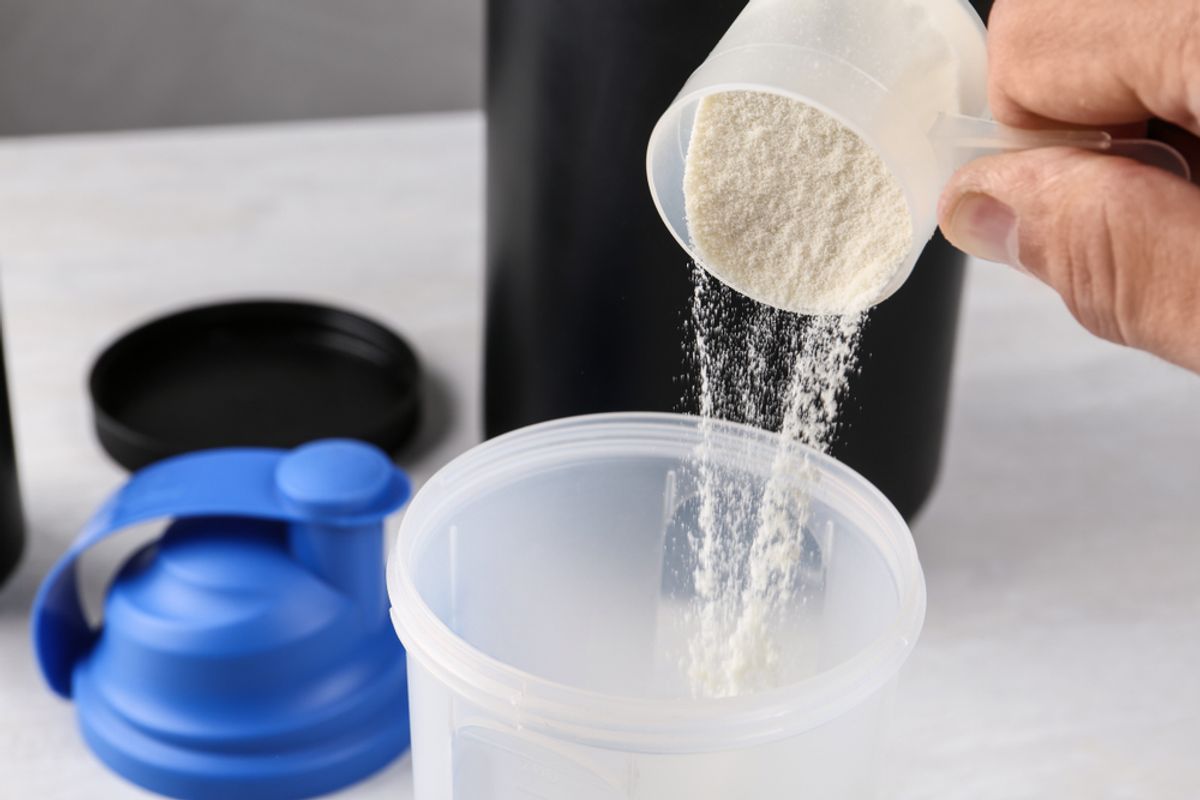A Consumer Reports investigation recently found that two-thirds of protein powders and ready-to-drink shakes tested contained dangerously high levels of toxic metals.
This follows a number of warnings issued by the Food and Drug Administration (FDA) in relation to ground cinnamon products containing potentially hazardous levels of lead, including ground cinnamon from HAETAE and Roshni (October 10, 2025) and Durra and Wise Wife (October 8, 2025) in just the last month.
At the time of writing, there are 16 ground cinnamon products included on the alert. The items listed were found to have varying levels of lead concentrations, ranging from 2.03 and 7.68 parts per million (ppm). The agency’s advice is “to throw away and not to buy these ground cinnamon products.”
As of yet, no adverse health reactions have been reported, but the FDA stated, “If there’s suspicion that someone has been exposed to elevated levels of lead, talk to your healthcare provider. Most people have no obvious immediate symptoms of lead exposure.”
“Consumers who have symptoms should contact their health care provider to report their symptoms and receive care,” the FDA continued.
Read More: Ancient Human Brains Adapted From Exposure to Lead Poisoning, Providing an Evolutionary Advantage
Lead Found In Protein Powders
According to a report led by Consumer Reports, protein powders and shakes tested today contained higher levels of lead than those tested 15 years ago. Not only is the average level of lead in these products greater than they were in the past, but fewer products tested contained undetectable levels of the heavy metal.
In total, 23 products were tested. These included dairy, beef, and plant-based supplements containing 20 to 60 grams of protein in each serving.
The team found that a single serving of two-thirds of these products would take you over the limit of what the consumer group deems safe to consume each day. Plant-based products fared particularly badly in comparison to dairy-based products, with some containing up to 1,600 percent of what Consumer Reports considers a “level of concern for lead” — an amount equivalent to 0.5 micrograms. (This is in line with the California Office of Environmental Health Hazard Assessment.)
The levels found in Naked Nutrition Vegan Mass Gainer and Huel Black Edition were so high, the consumer group recommends avoiding them entirely.
What Are The Health Risks Of Lead Contamination?
Detrimental health effects associated with lead are normally the result of long-term exposure lasting months or years. Too much lead in the body is known to increase the risk of high blood pressure, cardiovascular problems, damage to the kidneys, and even death.
Children are particularly vulnerable to lead exposure, with some studies suggesting they absorb three times as much ingested lead as adults (5 to 15 percent versus 53 percent). Exposure can result in neurological damage that can permanently impact a child’s brain development, leading to learning disabilities and behavioural challenges, even when there are no obvious symptoms.
While there is no known safe level of exposure, the interim reference level (IRL) for lead given by the FDA is currently 3 micrograms per day in children and 12.5 micrograms per day in women of childbearing age.
This article is not offering medical advice and should be used for informational purposes only.
Read More: Lead Poisoning Is Still a Major Problem — Here’s How it Impacts Our Health
Article Sources
Our writers at Discovermagazine.com use peer-reviewed studies and high-quality sources for our articles, and our editors review for scientific accuracy and editorial standards. Review the sources used below for this article:
